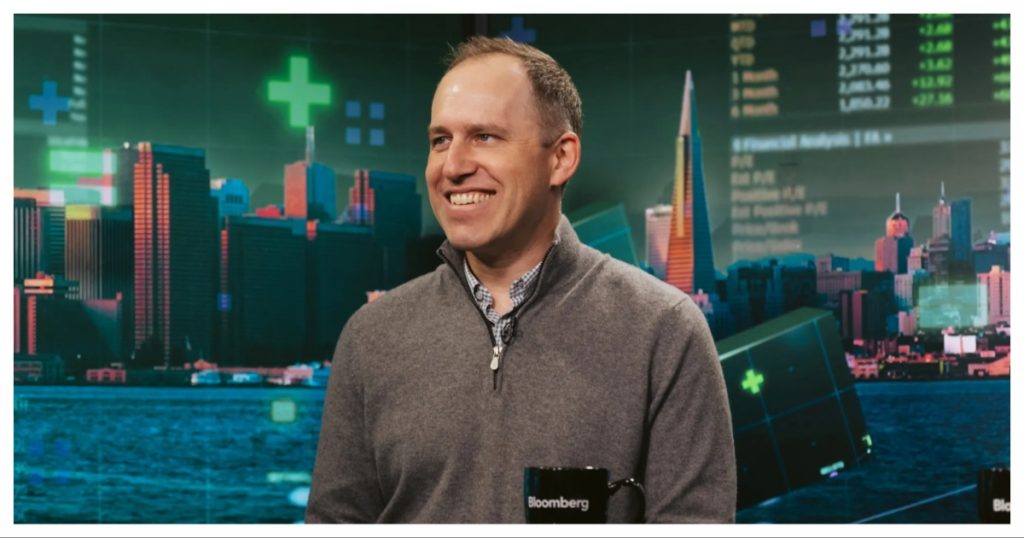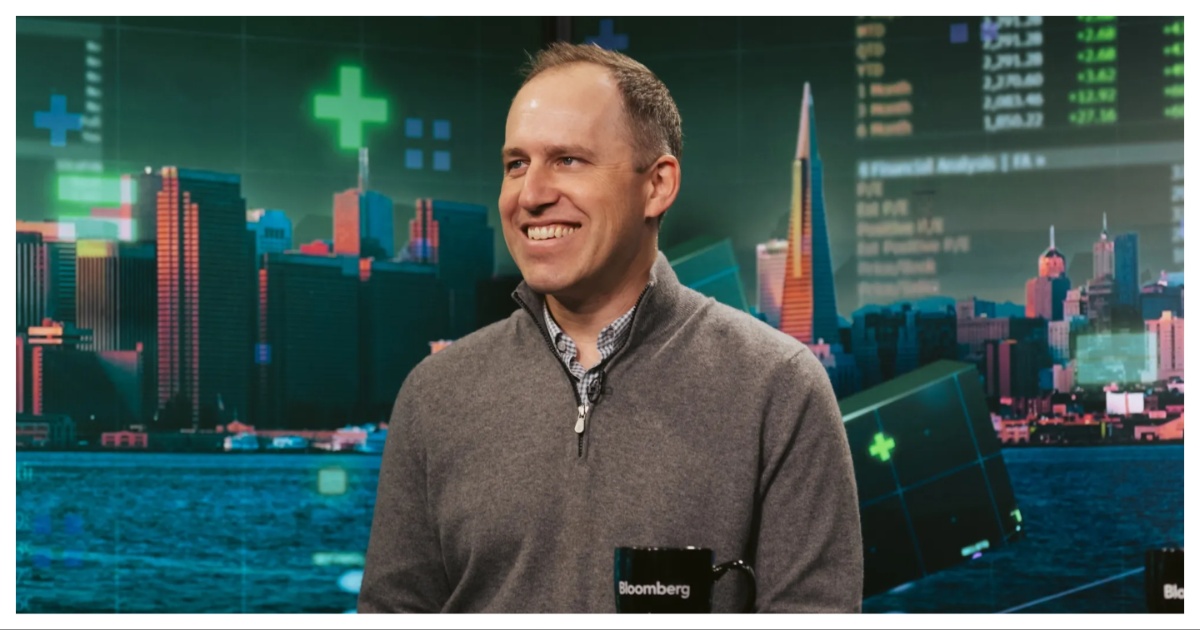More and more tech leaders seem to be of the opinion that AI is set to supercharge scientific progress.
Bret Taylor, the chairman of the board at OpenAI, has shared his thoughts on the potential of AI to accelerate scientific discovery on a podcast. His insightful perspective focuses on how AI can empower “deep generalists” by enabling them to combine knowledge across various specialized fields, ultimately fostering more cross-pollination of ideas and breakthroughs. This idea resonates particularly strongly given the increasing specialization seen in academia in recent decades, potentially contributing to a slowdown in groundbreaking discoveries.

Taylor observes, “The slowdown in scientific breakthroughs of the past few decades, some theorize, is because of the degree of specialization we demand of graduate students.” He continues, “I hope, in general, with AI democratizing access to expertise, it will benefit deep generalists in a lot of ways.”
He elaborates on this hopeful prediction: “Because of your ability to understand a fair amount in a lot of domains and [by] leveraging AI, knowing where to prompt the AI to go explore and bringing together those demands, it will start to shift sort of the intellectual power from people who are extremely deep [in one area] to people who actually can orchestrate intelligence between lots of different domains.”
Taylor believes this shift could be incredibly beneficial: “I think they’ll be really good for society because most scientific breakthroughs tend to be cross-pollinating very important ideas from a robot of different domains, which I think will be really exciting.”
Taylor’s perspective offers a compelling vision of a future where AI empowers researchers to become more versatile and interdisciplinary. By providing access to vast amounts of information and sophisticated analytical tools, AI can free researchers from the constraints of hyper-specialization, enabling them to connect the dots between disparate fields.
Bret Taylor’s comments follow those by other tech leaders which seem to suggest that scientific progress could be greatly accelerated with AI. OpenAI CFO Sarah Friar has said that AI will lead to novel scientific discoveries and theorems, and has claimed that top researchers are already seeing promising results by using their AI models. Anthropic CEO Dario Amodei, meanwhile, has said that AI will lead to a century of progress in 5-10 years. Google Deepmind’s David Silver has said that AI mathematicians will transform the whole of mathematics, and even economist Larry Summers claims that AI will lead to 50 years of scientific progress in 5-7 years. And if even some of this optimism among the tech community ends up coming true, humanity could be ushering in a new age of scientific discovery in the coming years.
